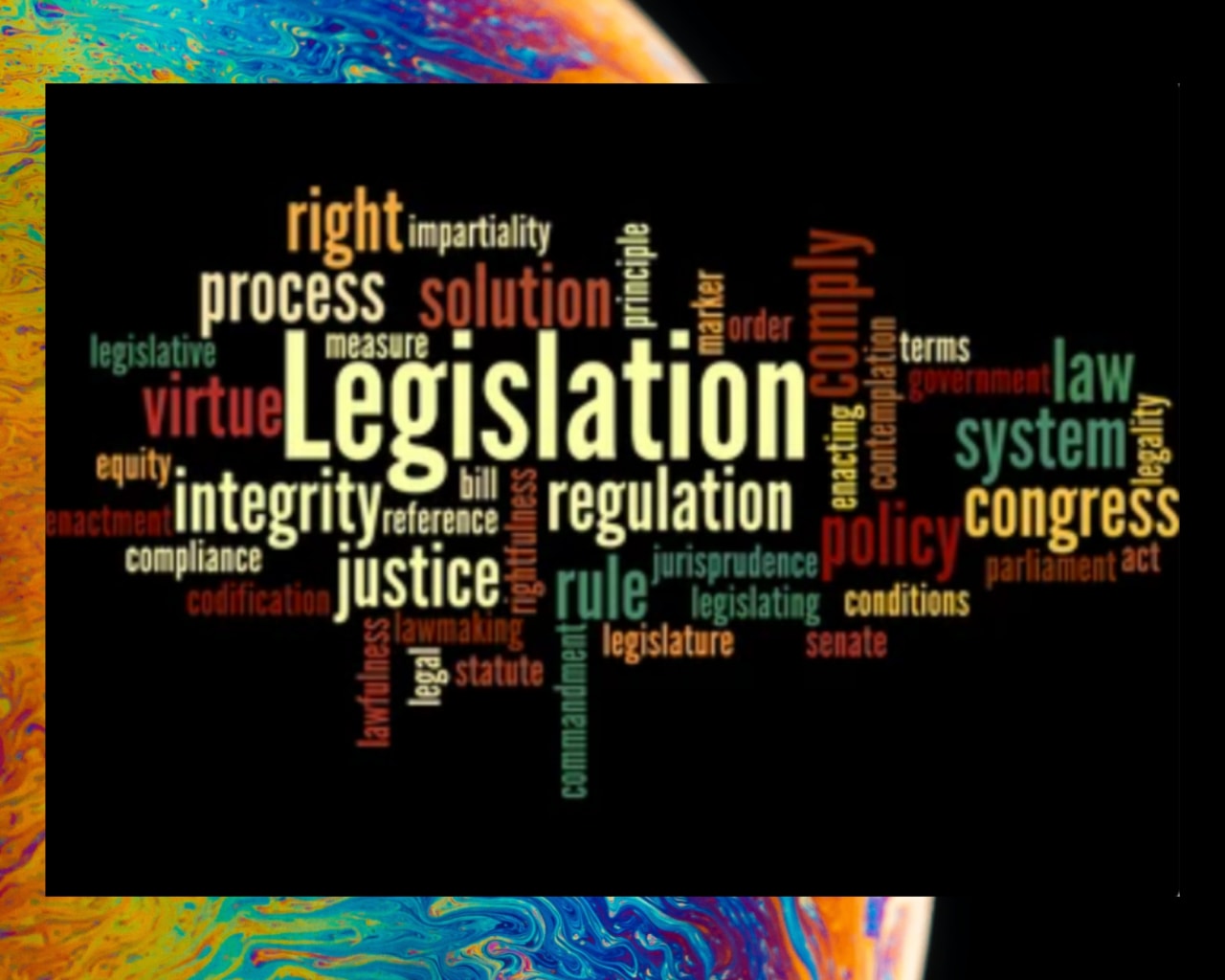During the final hours of the legislative session, lawmakers passed two bills that landlords argue will have significant negative repercussions.
On Tuesday, the state Assembly approved measures that simplify tenants' ability to prove fraud in rent-overcharge cases and allow them to access long-past rent histories to maximize landlords' liability. The bills had already been passed by the Senate on June 9.
The Community Housing Improvement Program (CHIP) claimed that these bills aim to "punish property owners" and undermine a crucial 2020 court decision, known as Regina Metro v. DHCR, and subsequent rulings that stated the 2019 rent law couldn't be applied retroactively to overcharge cases.
According to Jay Martin, the executive director of CHIP, if these bills become law, they would roll back appeals court decisions and severely impact the financial stability of New York's housing.
One of the bills expands the definition of fraud to include "a material breach of any duty... to disclose truthfully... the rent, regulatory status, or lease information." This encompasses the failure to register an apartment in a building that received J-51 or 421a benefits after October 1, 2011. Landlord attorneys argue that this newly passed measure excessively broadens the definition of fraud, raising concerns.
The designation of "fraud" plays a crucial role in calculating rent owed to tenants in overcharge cases. For allegations predating the 2019 law, rent must be determined based on a four-year lookback period, unless the landlord intentionally schemed to illegally deregulate units.
If tenants can prove fraud, they can consult rental history beyond the usual four years. In such cases, the overcharge is calculated based on the lowest stabilized rent recorded for comparable apartments, potentially leading to substantial awards.
Assembly member Linda Rosenthal and Senator Brian Kavanagh, the bill's lead sponsors, argue that the legislation doesn't aim to be retroactive but instead seeks to clarify existing law. Kavanagh emphasized that the measure simply codifies what they believe the standard for fraud has been.
Supporters of the bill acknowledge that it is a response to judicial rulings indicating that past rent overcharges did not constitute fraud under the 2019 law.
Additionally, the new measure establishes regulations for determining rents for newly combined rent-stabilized units, similar to previously proposed but unimplemented regulations by the state's housing regulator. Currently, landlords can set a new first rent when combining vacant apartments.
On Tuesday, the Assembly approved a separate bill allowing tenants to consult rent histories beyond the four-year lookback when calculating their legal rent after June 14, 2019. The Housing Stability and Tenant Protection Act of 2019 extended the lookback window to six years for determining rent overcharges, while granting courts the authority to consider any reasonably necessary evidence to determine the legal rent.
The new measure clarifies that the broader window should be used to calculate legal rent after June 2019, even if a court or agency had previously determined the rent prior to that date.
Assembly member Jeffrey Dinowitz assured that the measure doesn't attempt to circumvent the Regina case and compared investigating rent overcharges to medical malpractice, noting that deeper investigations are sometimes necessary to reveal deception.
The approval of these measures marks a mostly disappointing legislative session for the real estate industry. Lawmakers rejected the governor's proposal for statewide housing mandates and fell short of reaching a deal to extend the 421a construction deadline and implement a watered-down version of good cause eviction, as tenant advocates had demanded.
Opinion: Implications of the Passed Bills on Rent Overcharge Cases and Legal Rent Calculations
The recent passage of the bills aimed at streamlining rent overcharge cases and expanding access to long-past rent histories has sparked a heated debate among landlords, tenants, and housing advocates. While the intention behind these measures may be to protect tenants' rights and hold landlords accountable, there are concerns about the potential ramifications and unintended consequences that could arise.
Landlords argue that these bills will have devastating effects on their financial stability. By broadening the definition of fraud and allowing tenants to consult rental history beyond the typical four-year lookback period, landlords fear an increase in retroactive claims and potential massive awards. This could place an overwhelming burden on property owners, particularly small-scale landlords who may struggle to navigate the complexities of these legal proceedings.
On the other hand, supporters of the bills maintain that they provide much-needed clarity and ensure that tenants are fairly compensated for rent overcharges. They argue that these measures align with the spirit of existing laws and court decisions. By expanding access to long-past rent histories and considering the lowest stabilized rent for comparable apartments, tenants who have been subject to overcharges may finally receive the justice they deserve.
However, there is a valid concern that these bills may set a precedent for retroactive application of housing regulations, potentially creating uncertainty in the rental market. Landlords may become hesitant to invest in their properties or make necessary improvements, fearing future legal repercussions. This could have unintended consequences, leading to a decline in available rental units or a slowdown in housing development.
Moreover, the broader implications of these bills on the overall affordability of housing in New York remain uncertain. While they may offer immediate relief to some tenants, there is a need to strike a balance that ensures a fair and sustainable housing market for all parties involved. The unintended consequences of these measures should not be overlooked, and continuous monitoring and evaluation will be crucial to address any potential negative impacts.
In conclusion, the passage of these bills undoubtedly stirs controversy and raises important questions about the future of rent overcharge cases and legal rent calculations. While the aim is to protect tenants and rectify past injustices, there is a need for careful consideration of the potential implications on landlords, housing affordability, and the overall stability of the rental market. Striking the right balance will be essential to ensure a fair and thriving housing environment for everyone involved.



